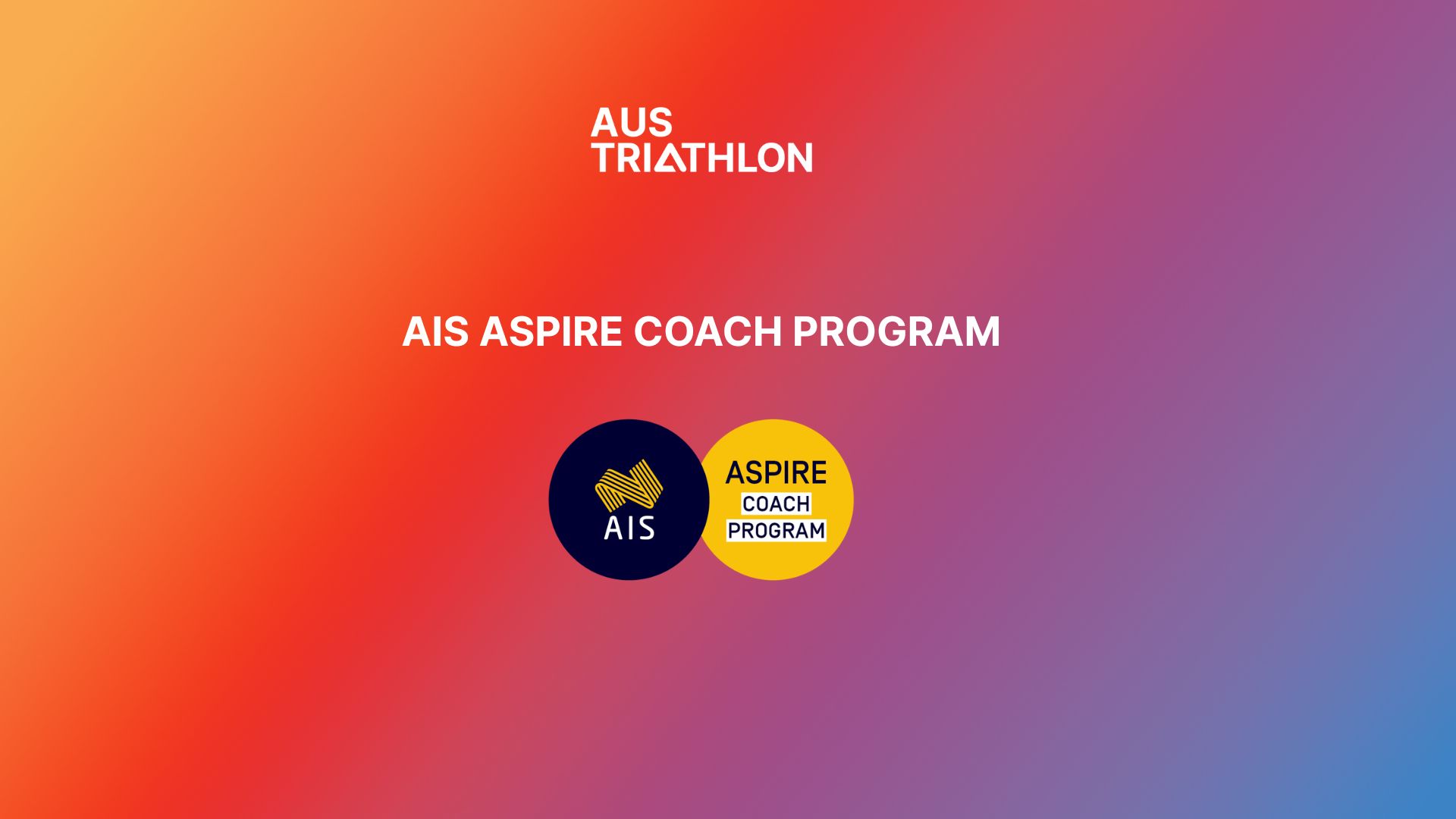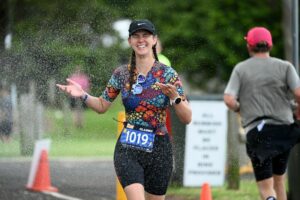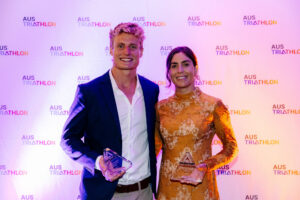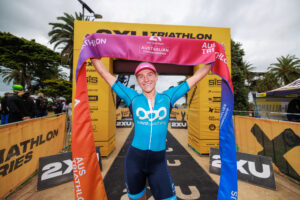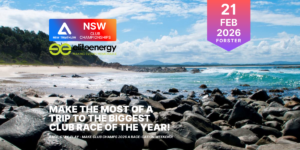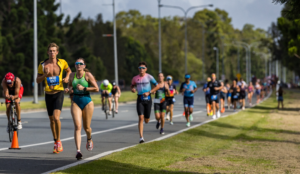If we’re only looking at half the talent pool, we’re missing half the potential.
That’s the thinking behind the Australian Institute of Sport’s new ASPIRE coaching program, designed to empower Australia’s next generation of elite coaches.
ASPIRE aims to increase the number of women in coaching by equipping early career coaches with the skills and backing to reach the top.
The AIS received 95 video entries for the program, showcasing inspiring philosophies grounded in care- because when athletes feel seen, safe and supported, they thrive.
Triathlon coaches Samantha Janssen and Anel Radford are among the selected 38 coaches across 26 sports who will spend three days living and learning at the AIS this October, followed by 6 months of online support, mentoring and professional development.
Many already coach at state or national age-levels. Others are club owners, administrators, teachers or physios who coach part-time or voluntarily. What they all share: deep experience, untapped potential – and a desire to help athletes succeed.
Data from the Women in High Performance Coaching Project reveals female coaches face disproportionate roadblocks early in their careers due to unclear pathways, limited networking opportunities, and a lack of professional development options.
The result?
Talented individuals quietly leave the Australian sport system before they have had a real shot. This is not just a loss for them – it is a loss for athletes, teams and Australian sport as a whole.
“As global competition ramps up, Australia cannot afford to leave elite talent on the sidelines,” ASC CEO Kieren Perkins OAM said.
“Programs like ASPIRE are how we build stronger coaching benches, smarter teams, and better outcomes for athletes.
“Women make up over 50% of our Olympic and Paralympic teams and have a track record of success- they are proven leaders and should be given every chance to become phenomenal coaches. I believe elevating more women into elite coaching will be our X-factor come Brisbane 2032,” Perkins said.
The AIS now offers several programs for women at all stages of their coaching journey to address the systemic barriers that contribute to the leaky pipeline.
To promote diverse leadership across sport, the Australian Sports Commission introduced the Gender Equity Policy in 2024 which requires National Sporting Organisations to reach Gender Equity Targets of 50%.
The AIS also leads global projects on women’s health and performance through the gender research gap and 2026 Women in Sport Congress- tickets are available at WISC – Women In Sport Congress.
Click here to read more about the ASPIRE Coach Program and full participant list.
